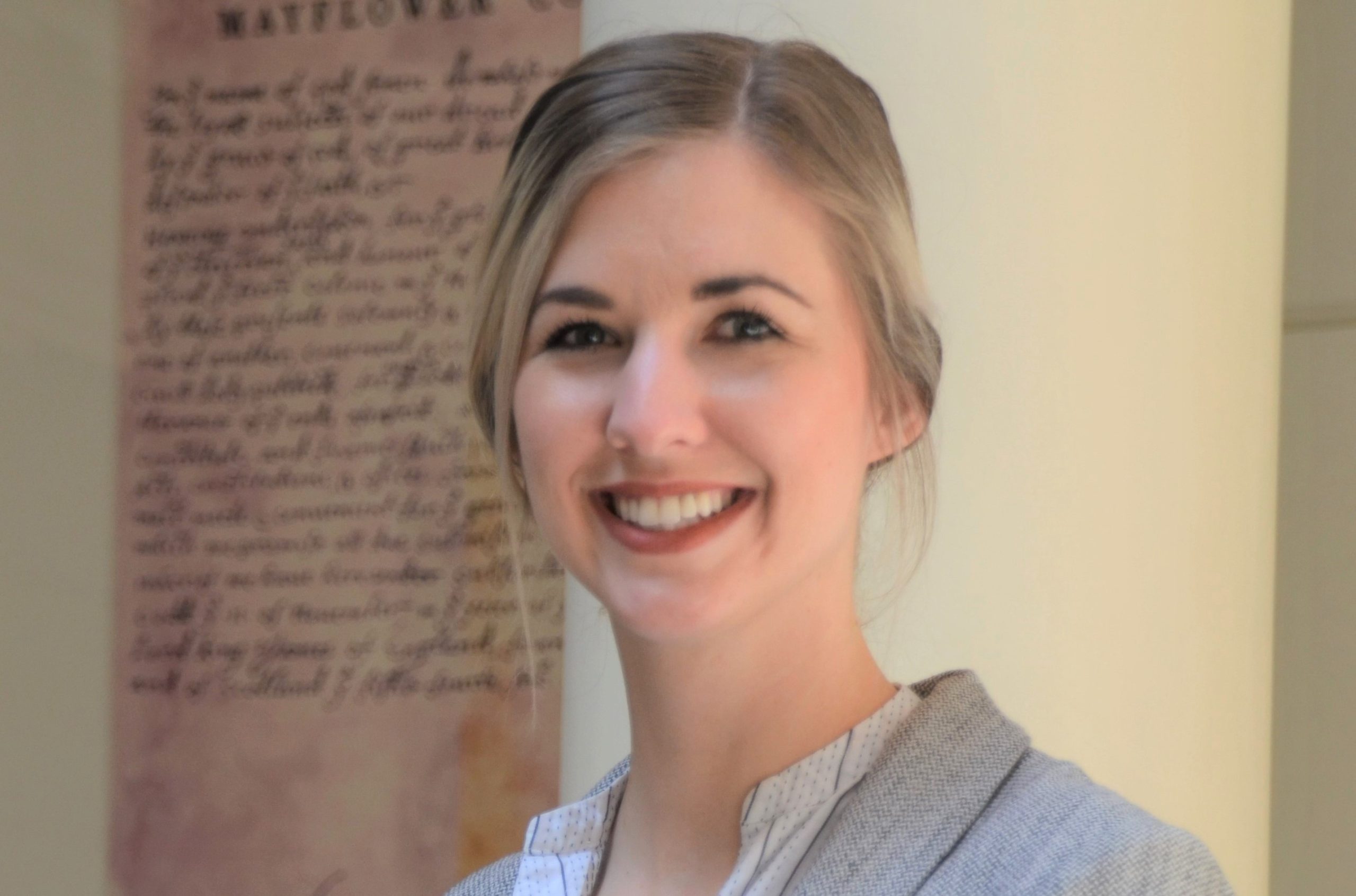Post by: Jessica Sherwood
 My name is Jessica Sherwood and I had the opportunity to serve as an intern at California Innocence Project (CIP) in San Diego this past month.
My name is Jessica Sherwood and I had the opportunity to serve as an intern at California Innocence Project (CIP) in San Diego this past month.
You may be familiar with innocence work through the popular Netflix series, When They See Us. The show brings to light a 1989 case of five teenagers who were wrongfully covicted of raping a woman. The young boys at the time of the rape were eventually convicted based on their false and coerced confessions. Between the five of them, they spent from 6 to 13 years in prison before a serial rapist confessed to the crime. In 2014, all five men were exonerated through DNA testing.
This past month, I got to work alongside a team of incredible interns and attorneys to help process intakes from inmates pleading factual innocence to the crime they allegedly committed. I also had the opportunity to do a full case analysis on one of CIP’s potential new clients. I found myself knee deep reading through opinions and scouring the evidence for anything that potentially could link my inmate to his story of innocence. There have been 281 known DNA exonerations in the US since the late 1980’s. From this information, The Innocence Projectestimates that one percent of the US prison population, approximately 20,000 people, are falsely convicted. This is considered a very conservative estimate as there have been as many as 850 exonerations in the last forty years.
I think in light of stories and statistics such as this, it can be easy to become jaded towards our criminal justice system. We begin to assume the worst and speak only to the corruption we see. As a law student, I’ve already heard countless jokes in regards to what many people consider a dubious profession.
As I’ve reflected on some of the inconsistencies and current issues in our criminal justice system, I’ve afforded myself some space for sadness and recognition. Yet in this same space, I’ve also been celebrating the infrastructure and strong foundation we do have in place. Yes, I am deeply burdened by the 1% wrongfully accused, but I also celebrate the approximately 99% of people who did receive a fair trial and due process through the work of excellent attorneys, law enforcement officers, a judge, and countless others. I rejoice in the work of phenomenal non-profits like CIP working hard on the defense side to discover new evidence to potentially exonerate someone. On the other side though, I also applaud the amazing efforts of the prosecutors I work for now who are pursuing justice for countless victims of heinous crimes.
The reality is between my internship at CIP and my current internship at the State Attorney’s Office in Miami, I have seen brilliant lawyers work hard in pursuing justice. These women and men are committed to doing the right thing every single day despite the costs. When there are people on both the defense and prosecution side seeking the truth of the matter and providing an avenue to pursue due process, there is an amazing structure of checks and balances within our criminal justice system.
I’ve been amazed by all the players involved in a court case, from the initial arrest by a police officer, to the forensic investigator swabbing fingerprints, to the court reporter diligently capturing every word in the courtroom. Every role is significant and allows our justice system to operate with dignity and efficiency.
The message of my brilliant law professor, Ben Madison, that every person deserves their day in court, has been resonating with me over the summer. We recognize and signify the dignity of every human being by providing due process. I love the quote by George Mason that says, “and by the recognition by all citizens that they have duties as well as rights, and that such rights cannot be enjoyed save in a society where law is respected and due process is observed.”
I think this is where our criminal justice system operates best, when ALL citizens, whether the defense attorney, the case manager, the FBI agent, or the judge, recognize their duties in the pursuit of justice. Each role matters greatly in providing due process to every person.
Thurgood Marshall says that “in recognizing the humanity of our fellow beings, we pay ourselves the highest tribute.” I want to put these words into practice everyday. I want to choose to provide every person who walks into the courtroom the dignity of recognizing and celebrating their humanity. Because with their humanity comes intrinsic human rights that should be valued and treated with respect.
This post was written by a Center for Global Justice Intern. The views expressed in this post do not necessarily reflect those of Regent University, Regent Law School, or the Center for Global Justice.
